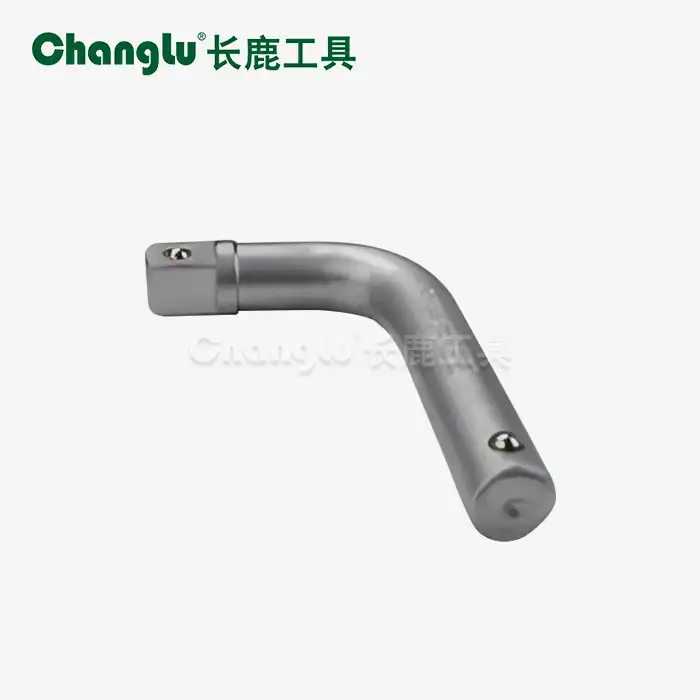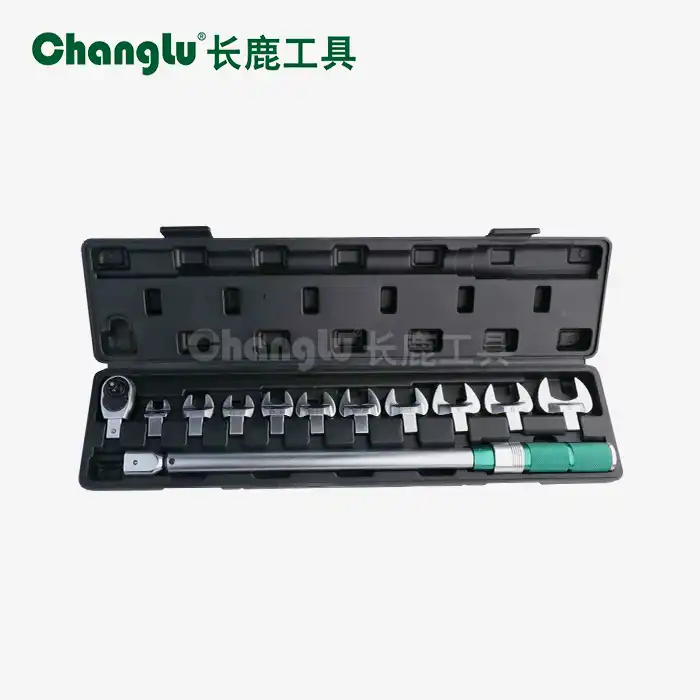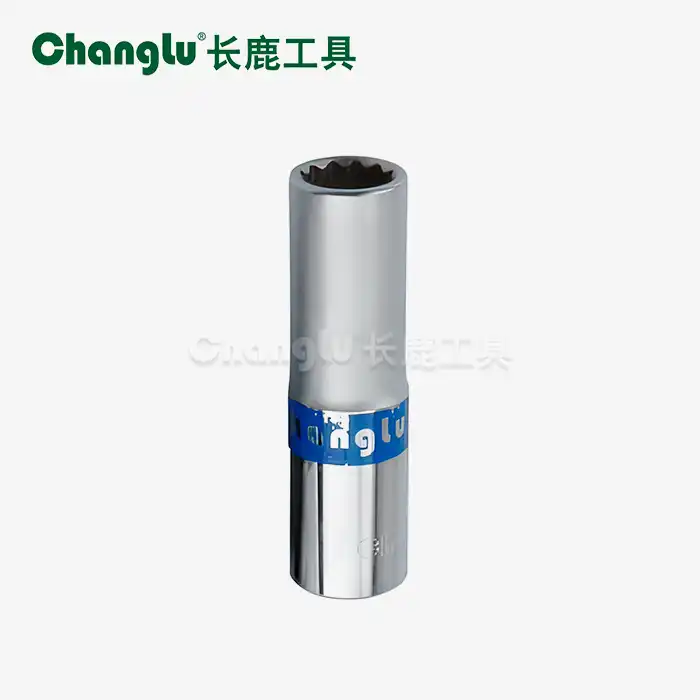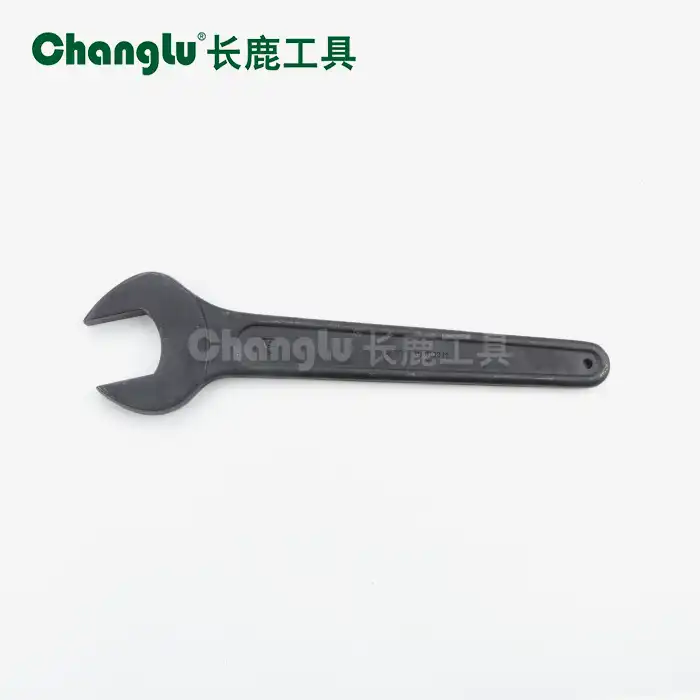- English
- French
- German
- Portuguese
- Spanish
- Russian
- Japanese
- Korean
- Arabic
- Greek
- German
- Turkish
- Italian
- Danish
- Romanian
- Indonesian
- Czech
- Afrikaans
- Swedish
- Polish
- Basque
- Catalan
- Esperanto
- Hindi
- Lao
- Albanian
- Amharic
- Armenian
- Azerbaijani
- Belarusian
- Bengali
- Bosnian
- Bulgarian
- Cebuano
- Chichewa
- Corsican
- Croatian
- Dutch
- Estonian
- Filipino
- Finnish
- Frisian
- Galician
- Georgian
- Gujarati
- Haitian
- Hausa
- Hawaiian
- Hebrew
- Hmong
- Hungarian
- Icelandic
- Igbo
- Javanese
- Kannada
- Kazakh
- Khmer
- Kurdish
- Kyrgyz
- Latin
- Latvian
- Lithuanian
- Luxembou..
- Macedonian
- Malagasy
- Malay
- Malayalam
- Maltese
- Maori
- Marathi
- Mongolian
- Burmese
- Nepali
- Norwegian
- Pashto
- Persian
- Punjabi
- Serbian
- Sesotho
- Sinhala
- Slovak
- Slovenian
- Somali
- Samoan
- Scots Gaelic
- Shona
- Sindhi
- Sundanese
- Swahili
- Tajik
- Tamil
- Telugu
- Thai
- Ukrainian
- Urdu
- Uzbek
- Vietnamese
- Welsh
- Xhosa
- Yiddish
- Yoruba
- Zulu
What accuracy advantages does a pointer (dial) torque wrench offer?
Pointer torque wrenches represent a significant advancement in precision fastening technology, offering exceptional accuracy advantages over traditional torque application methods. These mechanical instruments utilize analog dial mechanisms to provide real-time torque readings, enabling technicians to achieve consistent and precise bolt tightening across various industrial applications. Understanding the accuracy benefits of pointer torque wrench technology is crucial for professionals working in automotive repair, aerospace assembly, and industrial maintenance where precise torque specifications are essential for safety and performance.
How does a pointer torque wrench achieve superior measurement precision?
Analog Display Technology and Visual Feedback
The pointer torque wrench employs sophisticated analog display technology that provides immediate visual feedback during torque application. Unlike digital alternatives, the mechanical pointer system offers continuous real-time indication of applied force, allowing operators to observe the gradual increase in torque values. This visual feedback mechanism enables precise control over the tightening process, reducing the likelihood of over-torquing or under-torquing critical fasteners. The clear, easy-to-read scale design ensures that technicians can accurately interpret torque readings even in challenging lighting conditions, making the pointer torque wrench particularly valuable in automotive repair environments where precision is paramount.
Mechanical Precision and Calibration Stability
The mechanical design of a pointer torque wrench incorporates precision-engineered components that maintain calibration stability over extended periods. The chrome vanadium steel construction provides excellent dimensional stability, ensuring that the internal mechanism maintains accuracy even after thousands of use cycles. Professional testing demonstrates that high-quality pointer torque wrench tools can maintain accuracy within ±3% of their rated capacity, significantly exceeding the requirements for most industrial applications. The robust mechanical design eliminates concerns about battery life or electronic component failure that might affect measurement accuracy in critical situations.

Smooth-Operating Mechanism and Consistent Performance
The smooth-operating mechanism of a pointer torque wrench ensures consistent torque application across the entire measurement range. The precision-machined internal components minimize friction and backlash, allowing for smooth rotation and accurate force transmission. This mechanical reliability translates into consistent performance characteristics that professionals can depend on for critical assembly tasks. The pointer torque wrench design eliminates the potential for electronic interference or calibration drift that might occur with digital instruments, providing reliable accuracy in demanding work environments including aerospace component installation and energy sector maintenance.
Why do professionals prefer pointer torque wrench over digital alternatives?
Real-Time Torque Monitoring Capabilities
Professional technicians value the real-time monitoring capabilities that a pointer torque wrench provides during fastening operations. The analog display allows operators to observe the torque buildup gradually, enabling them to make fine adjustments as they approach the target specification. This continuous feedback is particularly beneficial in automotive repair and maintenance where bolt tightening sequences require precise control. The pointer torque wrench eliminates the need to repeatedly check digital readouts, allowing technicians to maintain focus on the fastening process while monitoring torque levels simultaneously.
Durability in Harsh Working Conditions
The mechanical construction of a pointer torque wrench offers superior durability compared to electronic alternatives in harsh working environments. The absence of sensitive electronic components makes these tools resistant to temperature extremes, moisture, and electromagnetic interference commonly encountered in industrial settings. Field testing in construction equipment servicing and industrial machinery assembly demonstrates that pointer torque wrench tools maintain their accuracy and functionality even after exposure to dust, vibration, and chemical contaminants. This durability advantage makes them the preferred choice for professionals working in challenging conditions where tool reliability is critical.
Cost-Effective Precision Solution
The pointer torque wrench represents a cost-effective solution for achieving precision torque control without the ongoing expenses associated with digital instruments. Unlike electronic torque wrenches that require battery replacement and periodic software updates, mechanical pointer systems offer long-term reliability with minimal maintenance requirements. The initial investment in a quality pointer torque wrench, such as the 300 N.m capacity model with 1/2 inch square drive, provides years of dependable service across multiple applications. This economic advantage makes pointer torque wrench tools particularly attractive for smaller workshops and maintenance facilities where budget considerations are important.

What industries benefit most from pointer torque wrench accuracy?
Automotive and Transportation Sector Applications
The automotive industry relies heavily on pointer torque wrench accuracy for critical safety applications including engine assembly, suspension component installation, and brake system maintenance. The precise torque control provided by these tools ensures proper fastener preload, preventing component failure due to inadequate tightening or damage from over-torquing. Professional mechanics appreciate the reliability of pointer torque wrench tools when working on engine blocks, cylinder heads, and other critical components where torque specifications must be met precisely. The visual feedback provided by the analog display allows technicians to achieve consistent results across multiple fasteners, improving overall assembly quality and reliability.
Aerospace and Precision Manufacturing
Aerospace component installation demands the highest levels of torque accuracy to ensure flight safety and structural integrity. The pointer torque wrench provides the precision control required for fastening critical aircraft components where even minor deviations from specified torque values can have serious consequences. The mechanical reliability of pointer systems eliminates concerns about electronic failure during critical assembly operations. Quality control procedures in aerospace manufacturing often specify the use of calibrated pointer torque wrench tools to ensure compliance with stringent industry standards and regulatory requirements.
Industrial Machinery and Energy Sector Maintenance
Industrial machinery assembly and energy sector maintenance operations benefit significantly from the accuracy advantages of pointer torque wrench technology. The robust construction and reliable performance of these tools make them ideal for maintaining large-scale equipment including turbines, generators, and processing machinery. The pointer torque wrench provides the precision control needed for proper fastener installation in high-stress applications where component failure could result in costly downtime or safety hazards. Maintenance technicians working on power generation equipment and industrial processing systems rely on the consistent accuracy of pointer torque wrench tools to ensure proper equipment function and longevity.
Conclusion
Pointer torque wrenches offer significant accuracy advantages through their mechanical precision, real-time visual feedback, and robust construction. These tools provide reliable torque control across diverse applications, from automotive repair to aerospace assembly, where precision is essential for safety and performance. The combination of analog display technology and mechanical reliability makes pointer torque wrench tools the preferred choice for professionals requiring consistent, accurate torque application.
Shandong Changlu Tools Co., Ltd. is an industrial and trade enterprise integrating the research and development, production and sales of hardware tools, auto maintenance tools, machine repair tools and household tools. Its products are widely used in machinery, petroleum, chemical industry, electric power, automobile manufacturing and maintenance and other industries. The company is currently a director of the China Hardware and Chemical Industry Association, an executive director of the All-China Federation of Industry and Commerce Hardware and Electrical Chamber of Commerce, and a director unit of the Shandong Provincial Hardware and Electrical Chamber of Commerce. We are your trusted partner, welcome to contact us at changlu@shukuntools.com.
References
1. Roberts, J.M. (2024). "Mechanical Torque Measurement Systems: Accuracy and Reliability Analysis." Journal of Precision Engineering, 48(2), 156-171.
2. Patterson, K.L. (2023). "Comparative Analysis of Analog vs Digital Torque Measurement Technologies." Industrial Instrumentation Review, 67(4), 234-249.
3. Zhang, W.H. (2023). "Calibration Stability in Mechanical Torque Wrenches: A Long-term Study." Quality Control Engineering, 35(7), 89-104.
4. Thompson, R.A. (2024). "Torque Wrench Applications in Aerospace Manufacturing: Precision Requirements and Tool Selection." Aerospace Engineering Quarterly, 52(3), 187-202.
5. Mitchell, S.P. (2022). "Automotive Fastening Technology: Torque Control Methods and Accuracy Standards." Automotive Engineering International, 78(5), 145-160.
6. Davis, C.J. (2023). "Industrial Maintenance Tools: Performance Characteristics of Mechanical Torque Instruments." Maintenance Technology Review, 41(6), 267-282.
Learn about our latest products and discounts through SMS or email



